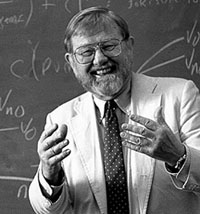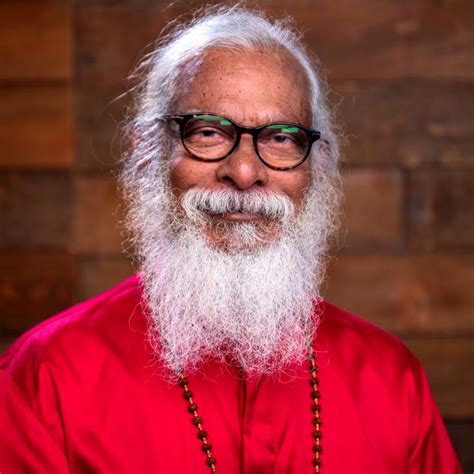A Quote by Eric Hoffer
Only the individual who has come to terms with his self can have a dispassionate attitude toward the world.
Quote Topics
Related Quotes
My personal attitude toward atheists is the same attitude that I have toward Christians, and would be governed by a very orthodox text: "By their fruits shall ye know them." I wouldn't judge a man by the presuppositions of his life, but only by the fruits of his life. And the fruits - the relevant fruits - are, I'd say, a sense of charity, a sense of proportion, a sense of justice. And whether the man is an atheist or a Christian, I would judge him by his fruits, and I have therefore many agnostic friends.
[T]he individual in whom the will for the light is strong and clear finds his heart inextricably bound up with the struggle of the forces of light in his native place and time. Much as he may long for the opportunity of fuller self- expression in a happier world, he knows that for him self-expression is impossible save in the world in which his mind is rooted. The individual in whom the will for the light is weak soon persuades himself that his opportunity lies elsewhere.
It is interesting to observe that in the year 1935 the average individual's incurious attitude towards the phenomenon of the State is precisely what his attitude was toward the phenomenon of the Church in the year, say, 1500. It does not appear to have occurred to the Church-citizen of that day, any more than it occurs to the State-citizen of the present, to ask what sort of institution it was that claimed his allegiance.
Everyone has attitude, and I think everyone should have attitude. But I know I have attitude, but that's just, I think if you don't have attitude, it comes only with self confidence. So if you don't have self confidence, you won't have attitude, and I think there's a difference when you have attitude and when you have arrogance.
In selling his scheme, Obama has been promoting the myth that our system is no better than those of other advanced nations. His recent statements have betrayed his openly contemptuous attitude toward American health care and out top-flight medical profession. His attitude is consistent with his revealed general attitude about America, which he denigrates every time he gets a chance, especially on foreign soil.
Jesus expressed intense anger toward those who where immoral, such as the self-righteous Pharisees, but he never suggested that they were demonized. Toward the demonized, however, he never expressed anger; rather he exhibited only compassion. As Langton notes, "Pity rather than anger characterizes the attitude of Jesus toward the possessed...He treats them as if they were the victims of an involuntary possession." Indeed, he treats them as though they are casualties of war. For, in his view, this is precisely what they are.
The universe must be experienced as the Great Self. Each is fulfilled in the other: the Great Self is fulfilled in the individual self, the individual self is fulfilled in the Great Self. Alienation is overcome as soon as we experience this surge of energy from the source that has brought the universe through the centuries. New fields of energy become available to support the human venture. These new energies find expression and support in celebration. For in the end the universe can only be explained in terms of celebration. It is all an exuberant expression of existence itself.
Wicksell's old-fashioned liberalism is reminiscent of John Maynard Keynes' attitude toward conscription during World War I. Keynes opposed conscription, but he was not a pacifist. He opposed conscription because it deprived the citizen of the right to decide for himself whether or not to join in the fight. Keynes was exempt as a civil servant from conscription; so there is no need to question his sincerity. Apparently his belief in the rights of the individual against a majority of his compatriots was very strong indeed.
The most unhappy people in the world are the ones who live only for themselves. All that they do, they do only for their own sake. For these self- centered individuals, the most precious things in the world is their ‘self.’ Like a cancer that eats and destroys its own cells, the self-centered individual is slowly dying inwardly.
Man, the more he gains freedom in the sense of emerging from the original oneness with man and nature and the more he becomes an "individual," has no choice but to unite himself with the world in the spontaneity of love and productive work or else to seek a kind of security by such ties with the world as destroy his freedom and the integrity of his individual self.






































